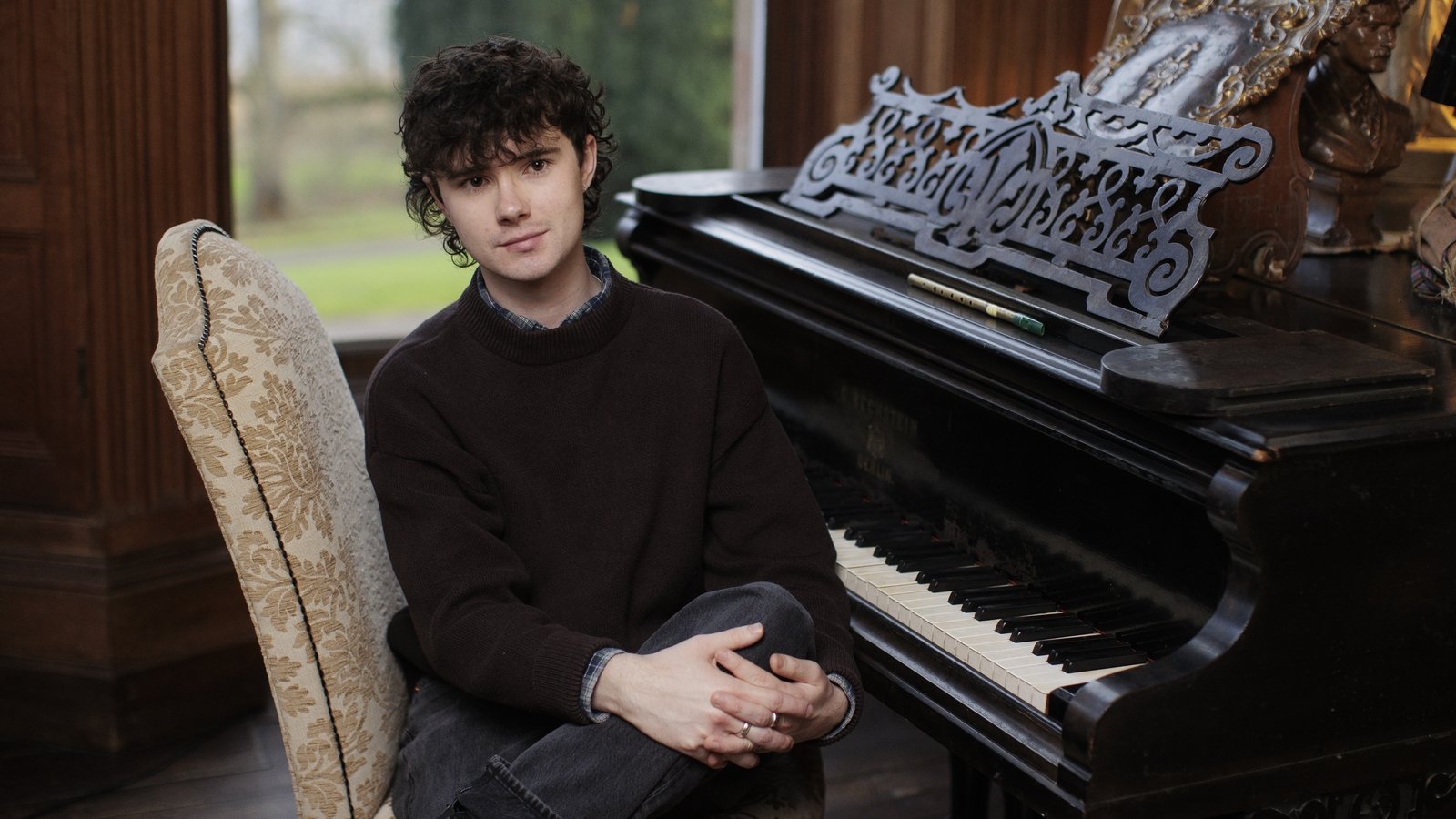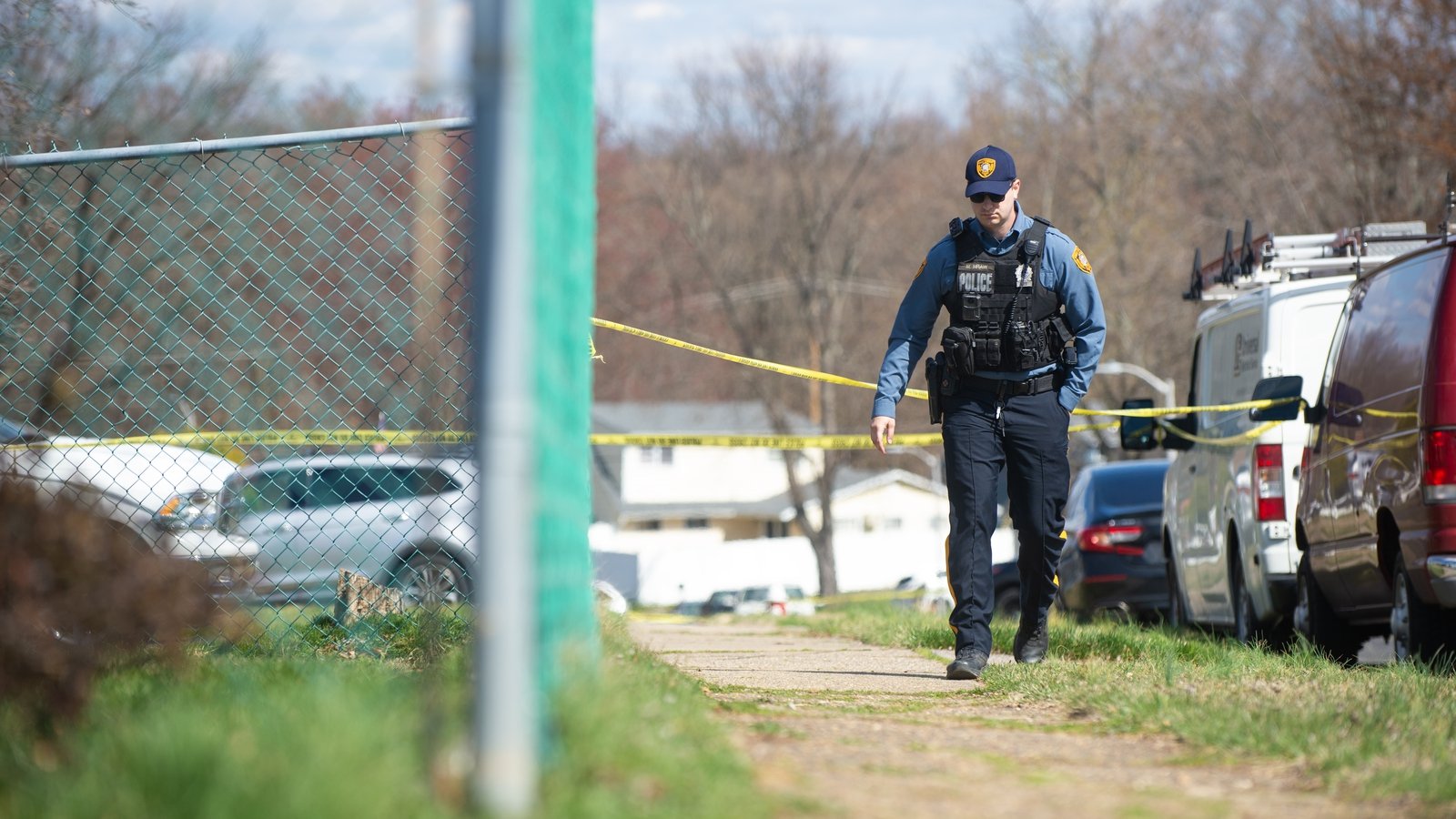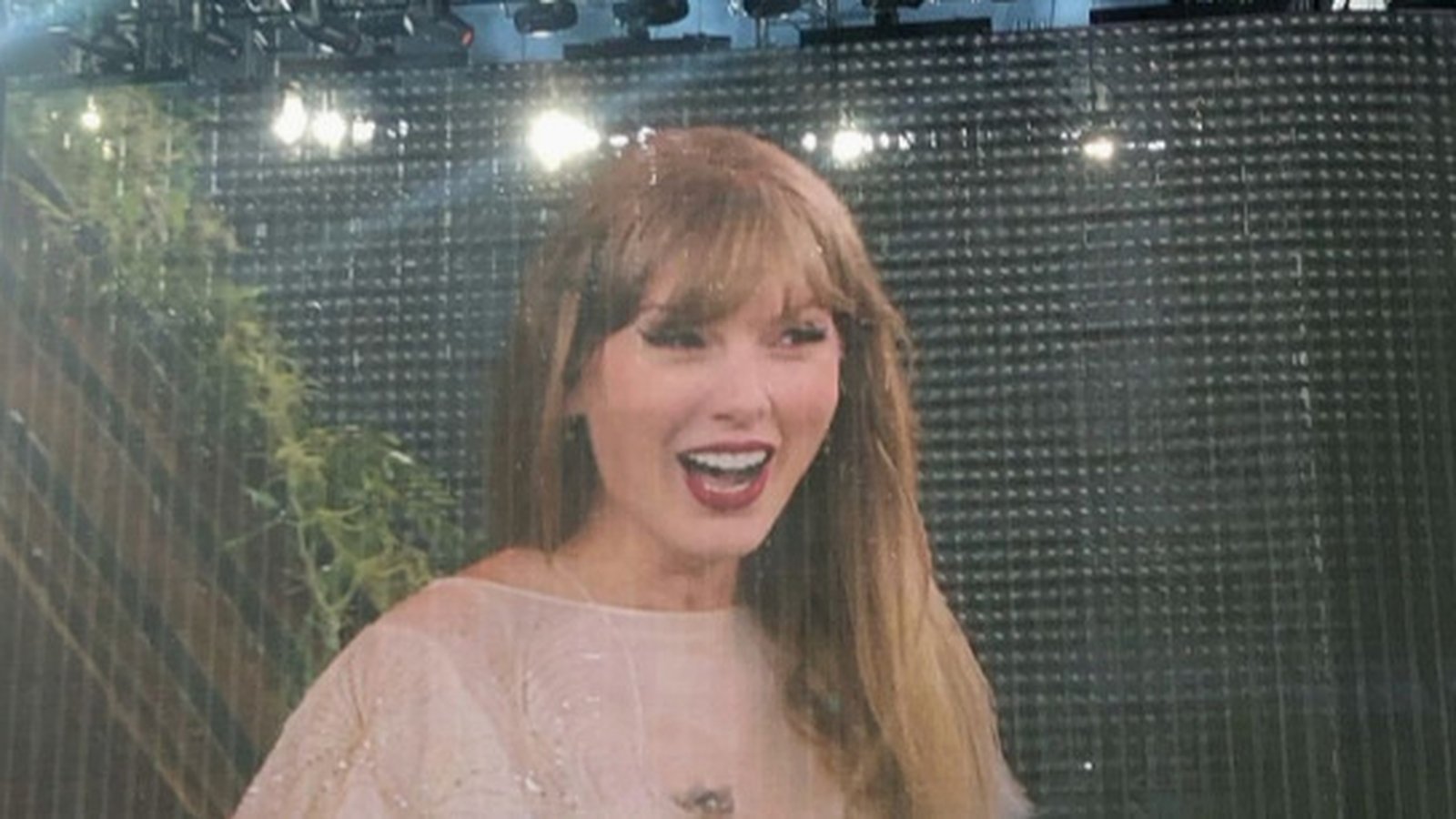‘People knew where we were’
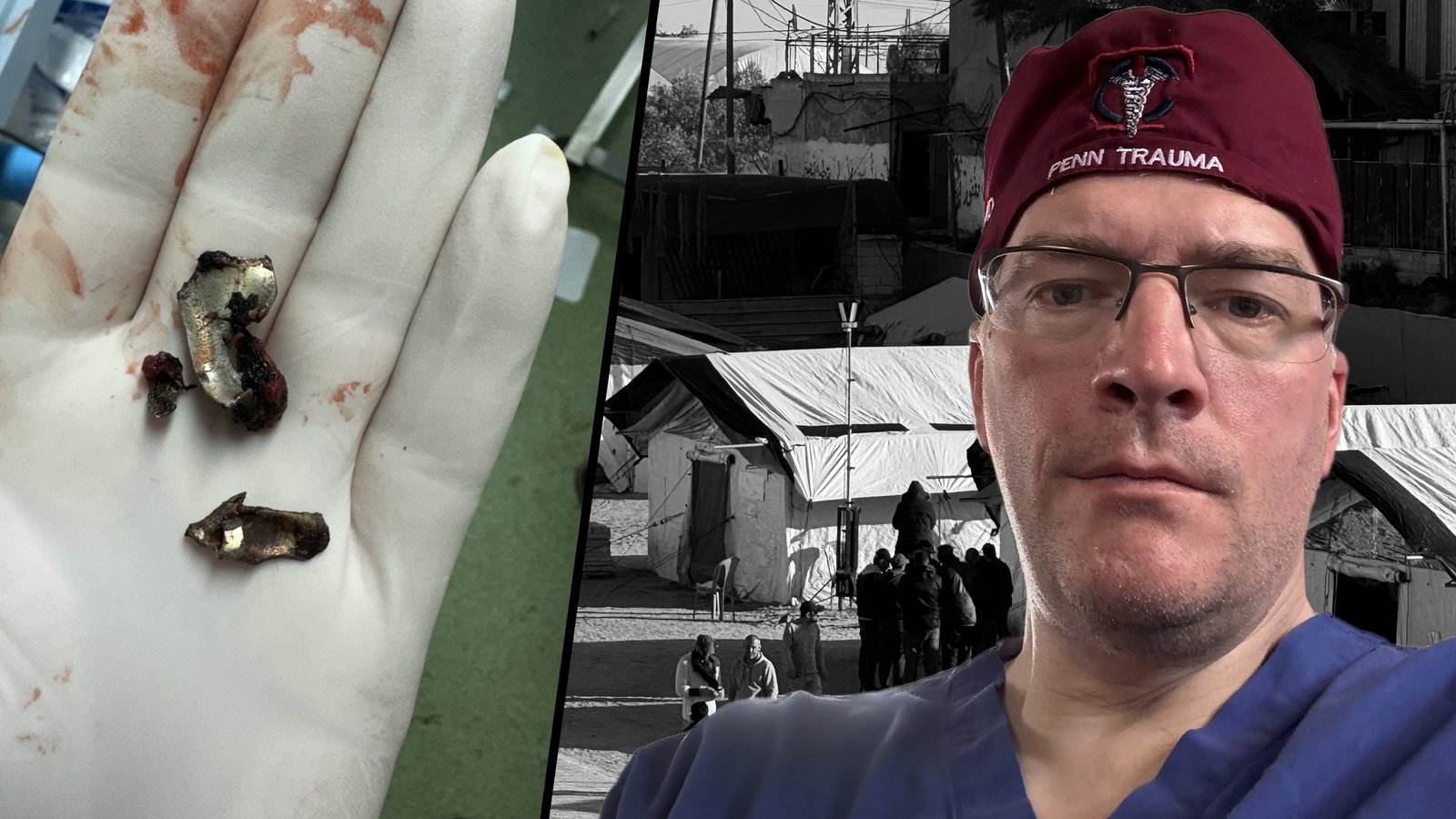
An Irish surgeon who has worked in some of the world’s most active warzones says the recent killing of seven people in Gaza working with World Central Kitchen has given him pause for thought about the true risk involved in such missions.
Dr Morgan McMonagle is a consultant surgeon based in Waterford who has travelled to both Ukraine and Gaza in the last year to treat injured people. He most recently returned from Gaza five weeks ago.
“Before I went out to Gaza, I was reassured somewhat by some of my mentors who have been there that no foreign aid workers had been hurt or killed thus far. And now that’s changed,” he told Upfront: The Podcast.
“It’s made me certainly pause and think about how risky is it getting…[and] I guess one has to consider, is it going to be far too dangerous for anybody to enter? So it certainly would make me think twice [but] I wouldn’t say absolutely no,” he added.
We need your consent to load this rte-player contentWe use rte-player to manage extra content that can set cookies on your device and collect data about your activity. Please review their details and accept them to load the content.Manage Preferences
The World Central Kitchen workers were struck by three Israeli bombs while travelling through Gaza in a ‘deconflicted zone’ in vehicles marked with clear roof signs.
Deconflicted zones are typically areas of warzones where it is agreed military activity is to be avoided.
The CEO of the charity told Reuters that the Israeli military was aware of the convoy’s whereabouts, and accused the IDF of targeting the convoy “systematically, car by car.”
The Israeli Defense Force (IDF) said an investigation into the bombing is being carried out, while Israel’s Minister for Economy described it as a “grave mistake.”
“Unfortunately, in wars friendly fire happens,” Minister Nir Barakat told the BBC. “It’s part of war, we do everything we can that it will not happen and learn [from] the incident and make sure it does not happen again.”
Deconflicted Zone
Dr McMonagle was working under protocols similar to those used by World Central Kitchen while in Gaza.
“When I arrived, we were part of what was considered a deconflicted zone,” he said.
“People knew where we were. We would phone it in via United States and via the IDF whenever we had a convoy moving.”
“Everything’s very carefully coordinated,” he added, “these NGOs are doing this, they are highly professional people who are very well connected politically and structurally and logistically.”
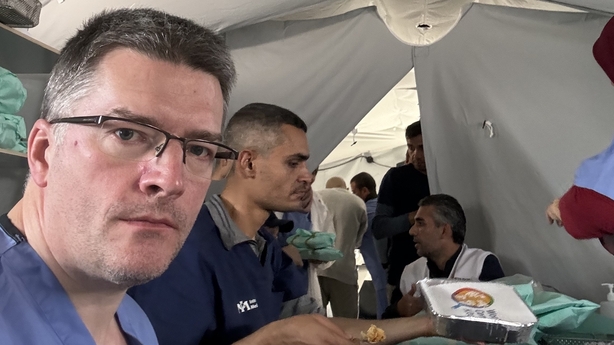
When in Gaza he conducted trauma surgery with a medical team in a ‘hospitainer.’
It is “like a very large articulated lorry that you see on any motorway, transporting goods,” he said.
“It’s quite claustrophobic. There’s no windows. It’s better than operating in a tent in case there’s an explosion, and the shrapnel flies through the compound – it will protect you from a certain element of that,” he said, “and we worked in those conditions in the heat.”
He told Katie Hannon Israeli bombs often landed close to the area where he was operating.
“An explosion will go off and you’d hear it. A lot of time you’d feel it,” he said.
“Occasionally, the entire hospital would rock. So, you’d get a certain idea of how close that explosion or how big that explosion might have been.”
Medical Supplies
At the time, in February, the medical team Dr McMonagle worked with were often short of basic resources.
“We ran out of some types of anesthesia drugs in the first few days, managed to get some replenishments. We ran out of muscle relaxants [which are] often used [in] major surgery to keep the patient completely still,” he said.
“We just had enough gloves, sterile gloves to operate with,” he added.
He told Katie Hannon that the health condition of the people and patients he saw then leave him in “no doubt” that there is a famine on-going in Gaza now.
“When I was leaving, we were seeing patients come in who were clearly malnourished, both protein and calorie malnourishment. So, they were losing weight to a dangerous degree,” he said.
“Gaza was already on the brink when I left. And now people are using that word, they’re ‘on the brink of famine.’ I have no doubt, Gaza is in famine. Absolutely no doubt whatsoever.”
He said his view is that politicians need to urgently find a way to end the war.
“Nothing surprises me anymore of man’s cruelty to man. And I don’t use the word ‘man’, organically in the mankind sense. I mean ‘man’ – man’s cruelty to man – because that’s what it is: it is a political problem started by men. So, it is a political solution.”
Listen to Dr Morgan McMonagle speaking to Katie Hannon on Upfront: The Podcast here, on Apple Podcasts and on Spotify.

